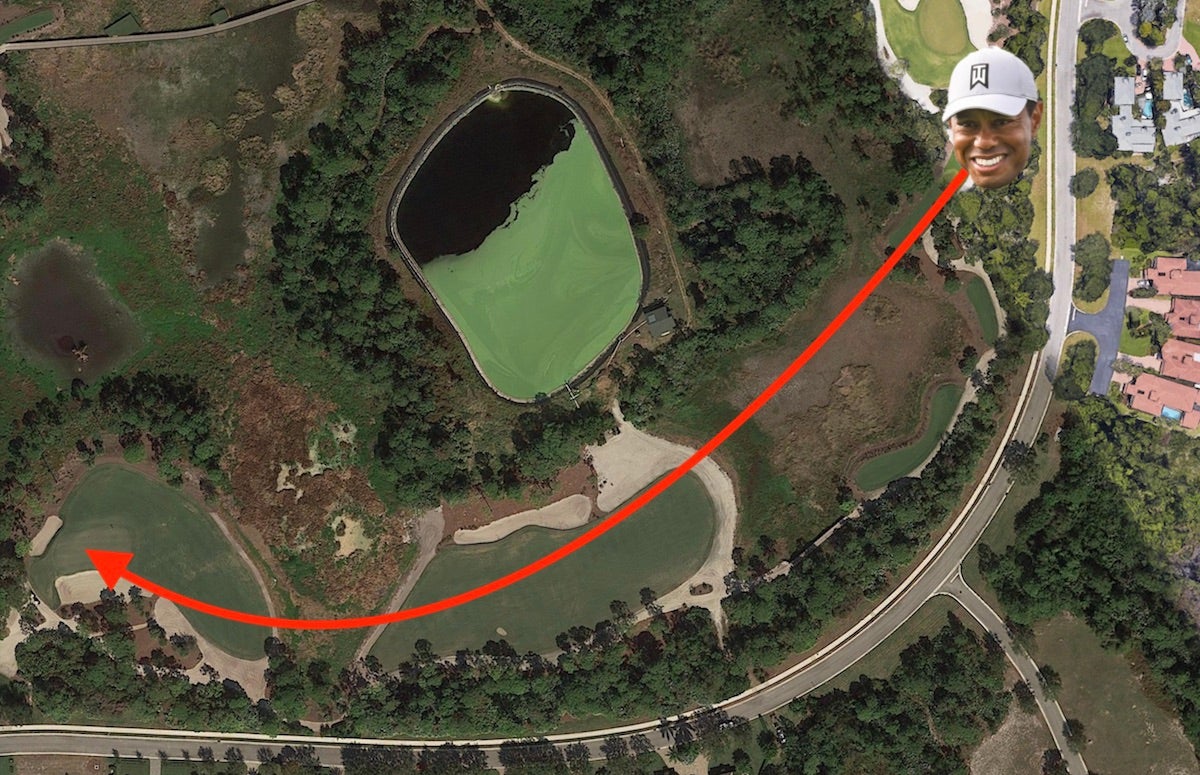
Check with your administrator if the program will not install. If your machine is connected to a corporate or government network, you must have administrative rights to your computer to install. CLICK HERE IF YOU DO NOT HAVE GOOGLE EARTH INSTALLED. USERS MUST HAVE GOOGLE EARTH INSTALLED TO VIEW KML FILES VIA GOOGLE EARTH. The KML files are sub-divided or filtered to show either by "Program" or by "Owner" similar to the NDBC Google 2D Maps display. The National Data Buoy Center has added an enhanced user tool to view the observation data using Keyhole Markup Language (KML) files via Google Earth. If you already have Google Earth Pro (Desktop) installed on your computer, you can just open the downloaded file and you will be able to fly to your objects.NDBC Observation Google Earth Help Page NDBC Observation (Google Earth) Help Page Print As with any of the export functions, you can also pick and choose which objects are exported before clicking the final export button. This is a static file, unlike the network link below.Įxport a KML file via the Export menu, then Download KML File this option is available whenever you have data (markers, lines, polygons) on the map.

Then you can use Google Earth as you normally would. You can open it in Google Earth and your objects will be listed in the left hand menu and displayed in the viewer.

We covered how to produce this file earlier. If you are unfamiliar with Google Earth, visit their help page. There are several pathways to go about this: KML export, KML network link and KMZ super overlays. Objects, on the other hand, do not require a subscription to view in Google Earth.

To view base layers in Google Earth, you must have a CalTopo subscription.

Exporting a KML File for a static file.Mutual Aid Incidents (Formerly Events) Quick Guidesīuilt with Grav - The Modern Flat File CMSĪt times you may find it useful - or just fun - to view your route, objects, or CalTopo layers in Google Earth.Course: CalTopo (SARTopo) for Incident Response.Moving Your Data From Other Mapping Programs.Folders, Bulk Ops, and Data Management in CalTopo.Working with Existing Lines and Polygons.Managing Your Data: Maps, Tracks, Layers, Icons, and More.


 0 kommentar(er)
0 kommentar(er)
